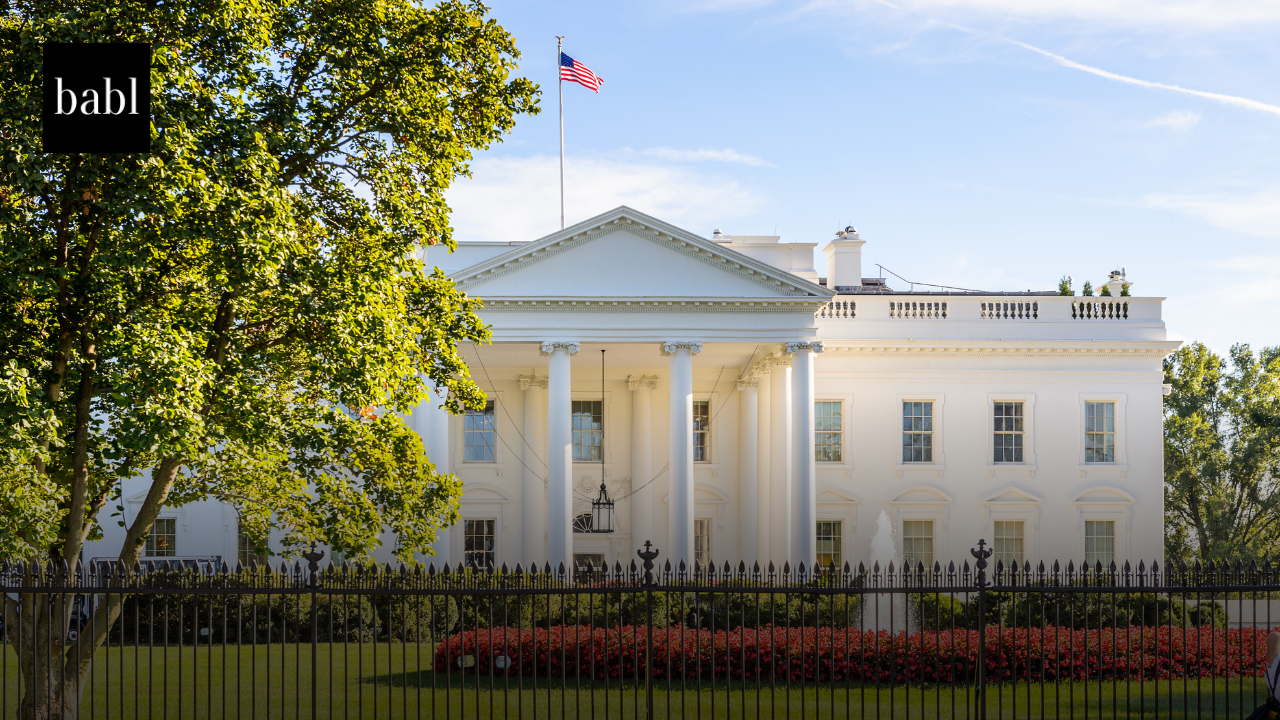UPDATE — SEPTEMBER 2025: After the U.S. Supreme Court upheld the Protecting Americans from Foreign Adversary Controlled Applications Act on January 17, 2025, TikTok’s future hinged on a potential divestiture. Since then, several pivotal events have reshaped the outcome:
-
Trump Executive Order (Sept. 25, 2025): President Donald Trump signed an order approving a framework that allows TikTok to remain in the U.S. under new American-led ownership.
-
Ownership Shift: TikTok’s U.S. operations will move to a joint venture majority-owned by American investors, with ByteDance retaining less than 20 percent.
-
Data & Algorithm Controls: The new entity will oversee TikTok’s algorithms, data storage, and content moderation. All sensitive U.S. user data must be stored on American cloud systems, and recommendation models using U.S. data will be retrained and monitored by U.S. security partners.
-
National Security Safeguards: Ongoing monitoring of TikTok’s code, software updates, and algorithms will be conducted to ensure compliance. DOJ enforcement of the ban is suspended for 120 days while the transaction closes.
-
Supply Chain & Labor Rules: The deal preserves requirements for domestic semiconductor sourcing, high labor standards, and protection against foreign influence.
-
Global Alignment: The U.S. State Department is engaging with allies to promote “trusted AI and digital infrastructure corridors,” echoing broader security goals beyond TikTok.
Completion of the divestiture and a formal CFIUS agreement with U.S. investors. Trump has reserved the right to issue additional orders if needed to secure national security.
ORIGINAL NEWS STORY:
U.S. President Signs TikTok Divestment Bill into Law
After a show of bipartisan support by lawmakers, U.S. President Joe Biden has taken a decisive step by signing into law a bill that could potentially lead to the sale or ban of the popular social media app TikTok in the United States. The legislation stipulates that TikTok’s Chinese parent company, ByteDance, must divest the app within nine months. Failure to do so could result in a ban in the country.
The bill, motivated by concerns over potential data sharing between TikTok and the Chinese government, has been vehemently opposed by the company, which has labeled it “unconstitutional.” TikTok has stated previously its intention to challenge the law in court, asserting its commitment to safeguarding user data and maintaining the platform’s independence from external influences.
TikTok has emphasized its substantial investments in ensuring the security of U.S. data and preserving the platform’s integrity. The company warned that a ban would have far-reaching consequences, impacting millions of businesses and users across America. Several U.S. lawmakers applauded the measure, emphasizing the need to address Chinese influence over popular American apps. Several lawmakers stressed the importance of requiring ByteDance to sell TikTok, characterizing it as a positive step for national security.
Caution and Concerns
Despite TikTok’s assertions that ByteDance operates independently from the Chinese government, concerns persist regarding potential data vulnerabilities and national security implications. Experts have cautioned that legal challenges and regulatory scrutiny could prolong the process of implementing the ban, potentially leading to protracted legal battles.
The bill’s impact on freedom of speech and expression, particularly among young Americans who form a significant portion of TikTok’s user base, has also raised concerns. The potential sale of TikTok within the U.S. market faces considerable regulatory hurdles and uncertainties, with questions looming over the feasibility and implications of such a transaction.
While efforts to address national security concerns and safeguard user data are paramount, the implications of a TikTok ban extend far beyond regulatory compliance, impacting millions of users and content creators nationwide. As TikTok users and stakeholders brace for potential disruptions, the fate of the app in the U.S. remains uncertain. Its future could also be at risk in Europe where the European Commission is investigating the company through the Digital Services Act.
Need Help?
Keeping track of the everchanging AI landscape can be tough, especially if you have questions and concerns about how it will impact you. Don’t hesitate to reach out to BABL AI. Their Audit Experts are ready to provide valuable assistance.





